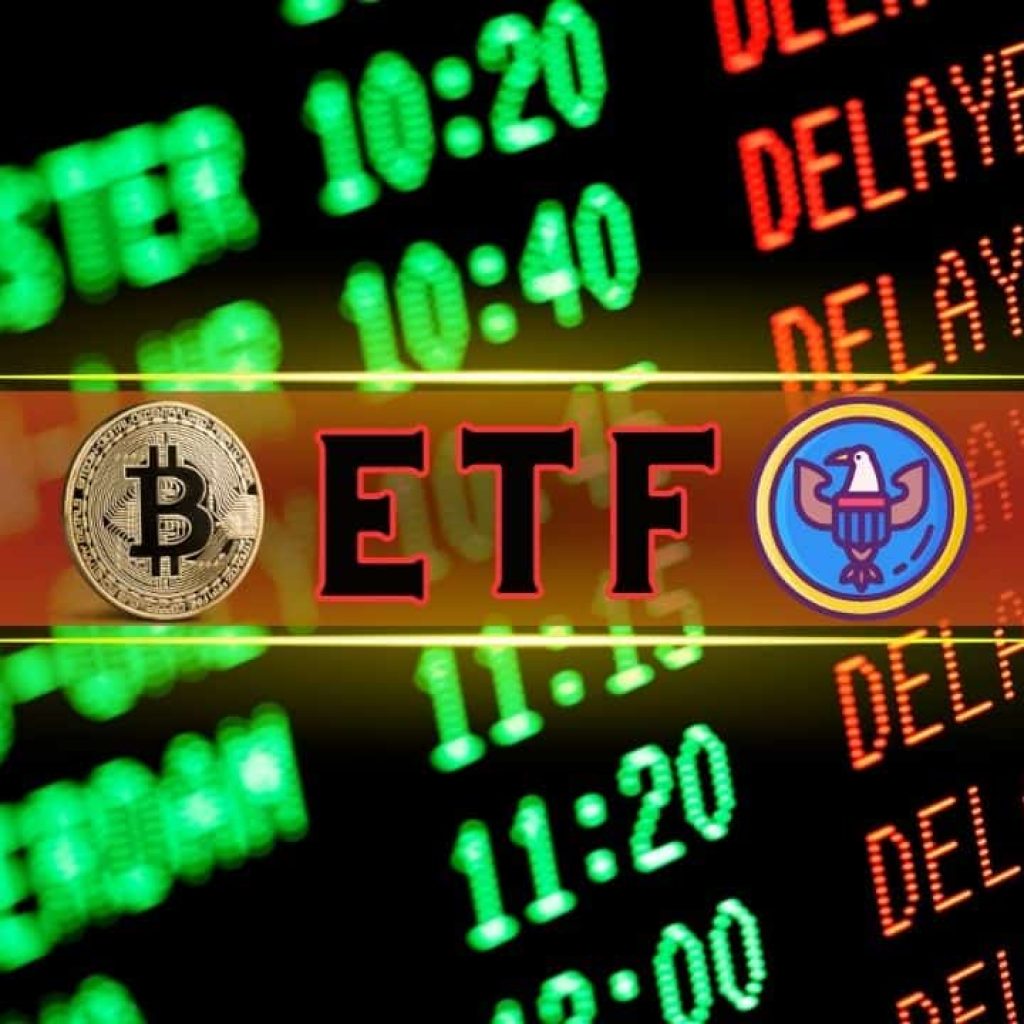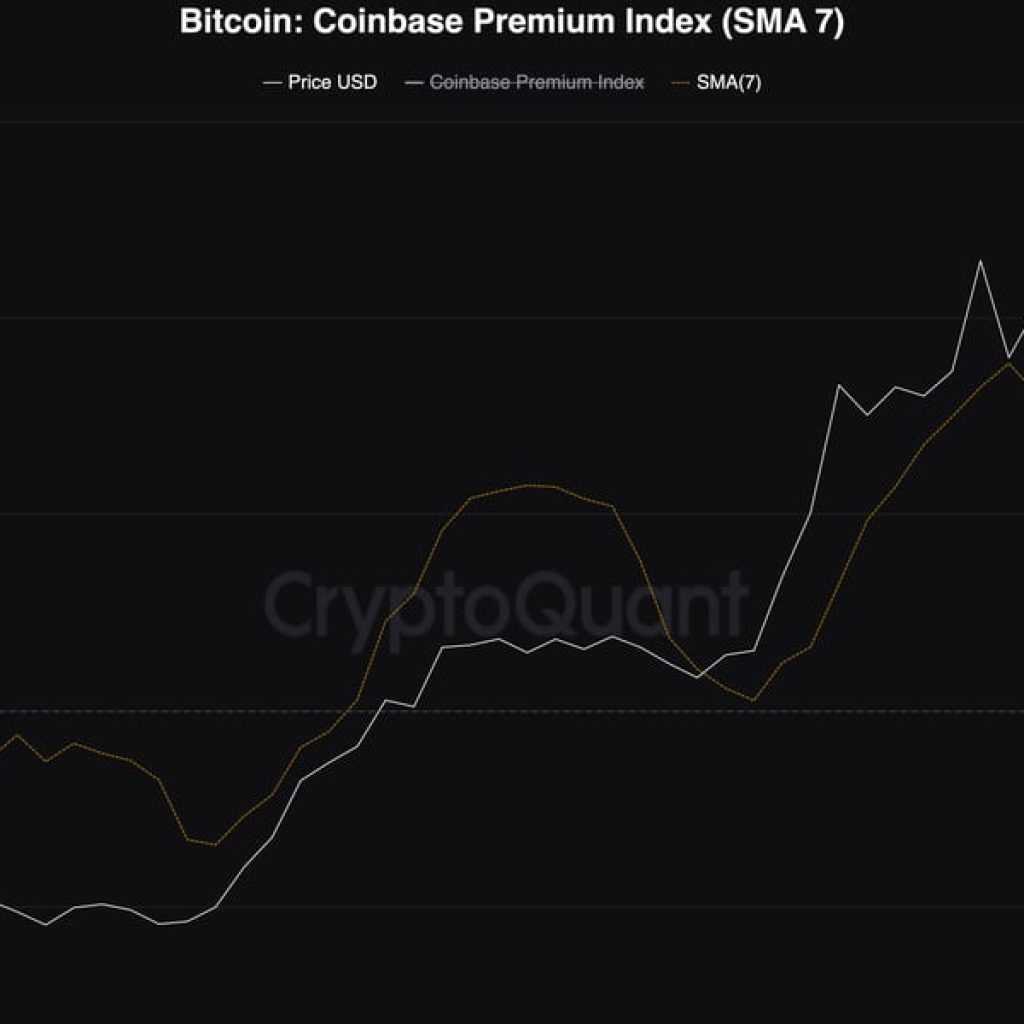Ripple CEO Brad Garlinghouse has recently voiced his opinions on the ongoing discussions between the U.S. Securities and Exchange Commission (SEC) and Grayscale Investments regarding a spot Bitcoin exchange-traded fund (ETF). This development follows a series of events that saw Grayscale challenging the SEC’s decision to reject its application to convert its Bitcoin Trust into a spot Bitcoin ETF.
The backdrop of this situation includes a notable legal victory for Grayscale in August. The U.S. Court of Appeals for the District of Columbia Circuit ruled in favor of the asset management firm. Consequently, the SEC was ordered to revisit its decision against Grayscale’s application. With the SEC engaging in discussions with Grayscale, the focus shifts to the potential conversion of the Bitcoin Trust into a spot-traded fund.
Garlinghouse, known for his outspoken views on cryptocurrency regulation, has criticized SEC Chair Gary Gensler’s approach. He argues that Gensler’s stance has been more of a political hindrance than a regulatory guidance. Garlinghouse highlights the proactive and constructive interactions between financial authorities and the crypto industry in other countries, contrasting them with the enforcement-driven approach of the U.S. SEC.
This critique from the Ripple CEO is not isolated. Ripple’s General Counsel, Stuart Alderoty, earlier echoed similar sentiments, pinpointing Gensler’s enforcement policies as a political liability. These comments come against Ripple’s legal battles with the SEC, which began in December 2020. Although Gensler did not initiate the lawsuit against Ripple, his leadership has seen continued actions that have riled the blockchain and cryptocurrency sectors.
Under Gensler’s tenure, the SEC has initiated legal actions against several crypto enterprises, including giants like Coinbase and Binance. These actions have been framed as efforts to enforce federal securities laws, yet they have also drawn criticism for what some perceive as a heavy-handed approach.
The ongoing dialogue between Grayscale and the SEC represents a significant chapter in the broader narrative of cryptocurrency regulation in the United States. With Garlinghouse’s recent comments, the spotlight is on the SEC’s methodologies and their impact on the evolving landscape of digital assets. The outcome of these discussions could set a precedent for future regulatory approaches towards cryptocurrency-based financial products.





